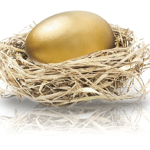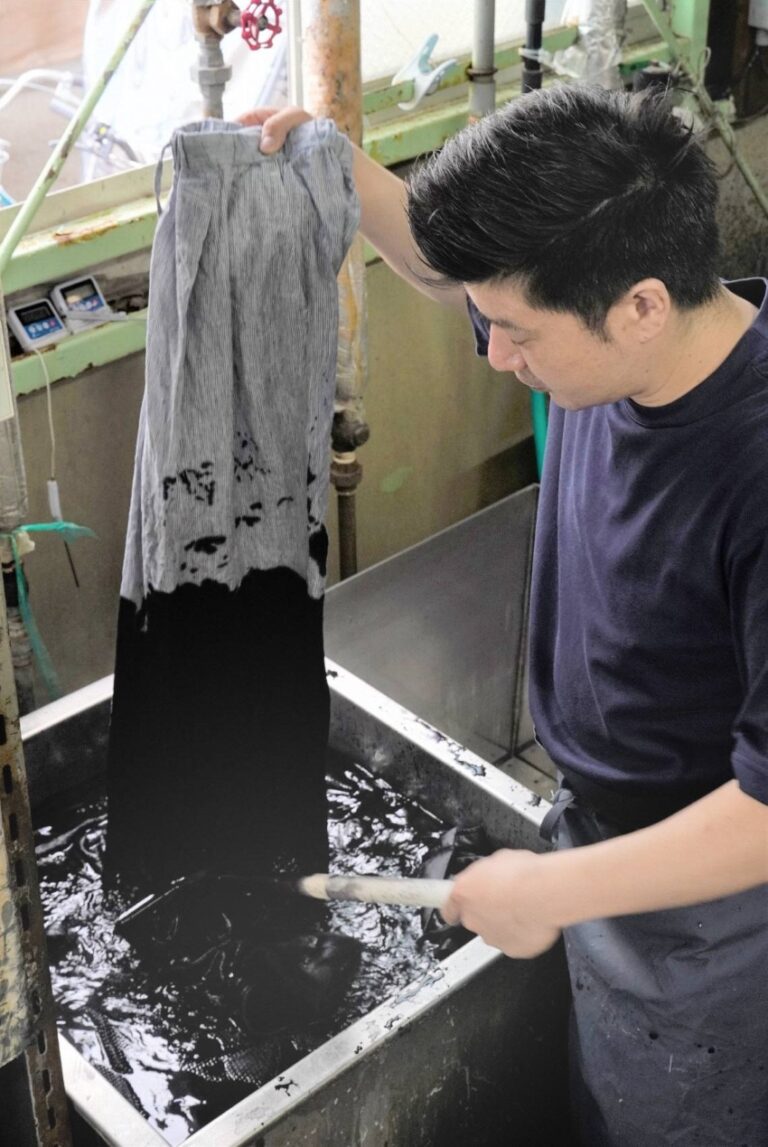An SMSF is a long-term saving plan that ensures individuals an income after they retire. Lately, more and more Australians are considering the SMSF as their main form or retirement income. This way the earnings that people make during their working years are reinvested, increasing their value over time. The money invested must generally stay there until the person retires. And since the contributions made to the fund and their earnings are often taxed at just 15%, the SMSF is the most tax-effective form of retirement plan.

But for some people, the established amount of super fund will not be enough to provide them with the lifestyles they want in their golden years. In such case, a person can add some extra money in advance to their super fund by making salary sacrifice or after-tax personal contributions. A person interested in it should seek the help of a personal super contributions expert to find out what option is better for them. Here are the basics of each option.
Salary Sacrifice
Salary sacrifice is an arrangement set up between a person and their employer to add a little bit more of their before-tax salary into their super fund. It is suited for people who earn more than $18,000 a year and have 19% or more of a marginal tax rate. Those who earn less than this amount might benefit more from choosing after-tax personal contributions to take advantage of the government co-contribution. To contribute with salary sacrifice, a person must be employed and be under the age of 75.
Salary sacrifice is considered by many the most tax-effective way to add to their super. This is because this type of contribution is generally taxed at lower rates than regular income tax rates. And because the person’s employer makes the extra contribution before income tax is taken out, income tax is only applied to the amount that is left.
To get started with salary sacrifice an individual first needs to decide how much they want to add – it can be from regular salary, allowances or bonuses. A personal super contributions expert is the most recommend person to help an individual find out the right amount for them as well as to help them fill in the required form.
Personal After-Tax Contributions
Personal after-tax contributions are voluntary payments a person makes from their take-home pay or after-tax-savings into their SMSF. To be eligible to make this type of contribution, a person must be under 75 and should follow the restrictions regarding the amount of personal contribution allowed annually.
The government rewards those who add more to their SMSFs. People who earn under $50,000 year and make an after-tax contribution to their super fund may be eligible to receive a Government co-contribution of up to $500. Lower tax on investment earnings also apply to this option.
After-tax contributions can be made through direct debit, through the employer, through cheque or money order.













